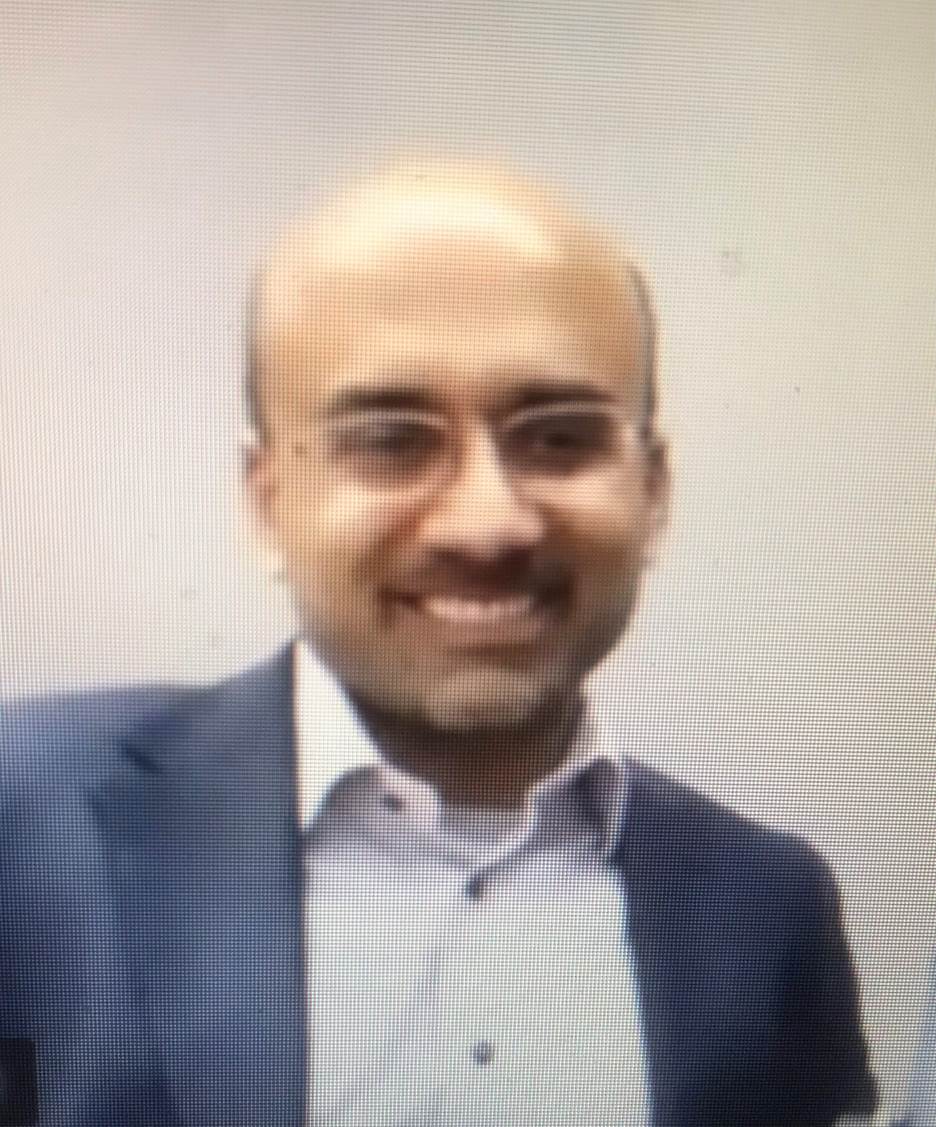Professor Atif Mian on Pakistan’s Economy
By Elaine Pasquini

Princeton, NJ: On April 15, Atif Mian, professor of economics, public policy and finance at Princeton University and co-author with Amir Sufi of House of Debt: How They (and You) Caused the Great Recession and How We Can Prevent it from Happening Again, shared his views on Pakistan’s economy in an hour-long lecture at the university. Students attended in-person, while the program was simultaneously broadcast online to a large audience around the world.

Professor Atif Mian
“It is important to get the diagnosis of what ails Pakistan’s economy right, because otherwise if you don’t know what the problem is you are kind of throwing darts at random and it’s unlikely to have a positive result,” the professor stated. When the Imran Khan-led government came into power in 2018, it inherited “excesses of external account from the previous government and negative growth,” he said. When the pandemic hit growth plummeted to zero in per capita terms, but growth turned around as Covid-19 started to recede.
But, at the same time, Mian said, Pakistan’s current account deficit started to increase as well. “Current account deficit,” he explained, is the technical term referring to the excess of overall imports of a country over and above what it is able to sell to the rest of the world and, in Pakistan’s case, the amount it receives through remittances.
When the current fiscal year ends in June, he pointed out, “Pakistan is on pace to have a current account deficit of $18-$20 billion, a very large amount for a country of Pakistan’s size.” As a result, the exchange rate will start to devalue making imports more expensive and feeding into inflation, he added.
In addition, due to current account deficits and in order to protect the currency, the Central Bank has raised domestic interest rates by 2.5 percentage points, which in turn causes the domestic economy to contract, Mian explained.
The proximate cause, however, preventing Pakistan’s economy to grow at a pace parallel to that of other countries’ economies, Mian said, is the chronic balance of payment problem.
To turn the economy around, a “stronger more progressive system of taxation would help on the external account…and on the inflation dynamics,” Mian noted. Taxing land and capital gains on land would go a significant way in “moving the needle in the right direction.”
Remittances in the amount of $25 billion a year (the figure in 2020) from the millions of Pakistanis who work outside of Pakistan are a lifeline to Pakistan’s economy, the professor said, filling in much of the gap between imports and exports since Pakistan’s imports are twice as large as its exports. Remittances, running at 10 percentage points of GDP, which is the highest among major economies, are a very large share of Pakistan’s economy, he said.
It would be advantageous for Pakistan to bring in foreign investment as long as that investment is “greenfield” – denoting or relating to previously undeveloped sites for commercial development or exploitation – in nature, Mian stressed. Capital account should be open for foreign investment that brings in technology; that brings in know-how, particularly on things that can be exported to the rest of the world, “because that will then start to have a positive impact on your balance of payment position.”
Pakistan’s energy sector needs revamping and the country should move to alternative energy very aggressively by investing in research and development for solar projects inside the country, he continued. “Pakistan has an excellent environment for renewable energy,” solar in particular, but also wind and hydro.
In addition, Pakistan’s highly subsidized sugarcane industry is problematic, the professor said. “Pakistan is a water-stressed country, and it does not make sense for Pakistan to be so intensive in the sugarcane industry, but we are. And, because we are subsidizing this sector, Pakistani sugar by and large is not going to be competitive in the international world.”
Investing in research and development in the agricultural industry needs to be increased, Mian stated, noting there are opportunities for Pakistan to utilize since agriculture is local in nature. “You have the farming community, land, the basic know-how, so it is something that can give quite quick gains to Pakistan if worked on in an intelligent manner.”
In any discussion about growth, “the one factor that dominates everything else is science and technology,” Mian said. “It is the force of science and technology that pushes economies regardless of what the taxation rate might be or what political structures you might have. If you are innovating and growing technologically, there is very little that can prevent you from growing.”
The professor praised women’s educational advances in Pakistan. “I think it’s a remarkable achievement,” he said, “which by and large reflects the efforts of women and their families that Pakistan has closed the gap between female and male literacy.” Glancing at results of the national exams, women and girls are getting the highest grades – “beating men and boys two to one.”
Despite this fact, he lamented, “It is tragic that Pakistan has one of the lowest labor force participation rates for women.” This needs to change and women need to be given leadership positions, he insisted.
Most importantly, in order to improve and grow Pakistan’s economy, leadership positions should be filled from the country’s vast pool of highly competent women and men, Mian said. “Then you delegate authority to them and provide them the resources to get the job done.”
(Elaine Pasquini is a freelance journalist. Her reports appear in the Washington Report on Middle East Affairs and Nuze.Ink.)
-----------------------------------------------------------------------------
Back to Pakistanlink Homepage

